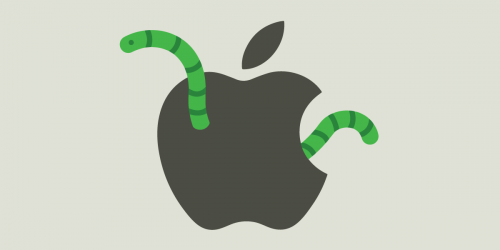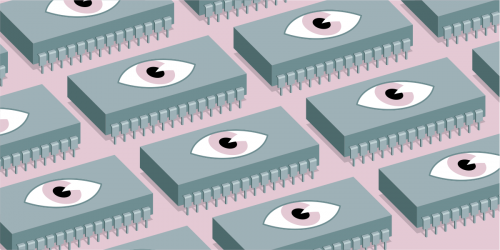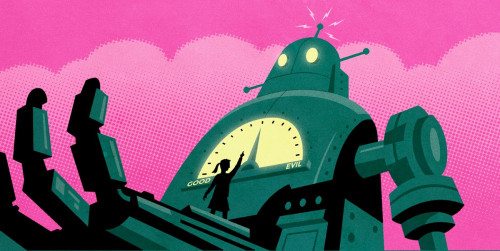You might be asking yourself that question, if you've been following our series on Microsoft's trusted computing and DRM strategies. No Microsoft customer wants DRM-crippled operating systems, hardware, and video content.
Hollywood, on the other hand, wants ubiquitous DRM. And, wielding DRM and the DMCA, major movie studios can shut Microsoft out of the lucrative digital video market if it doesn't play ball. In that game, consumers will inevitably lose.
Hollywood is saying, loudly and to anyone who will listen, "unless we get content protection that satisfies us, our next-gen high-definition video will not be on your platform." Since there are only a handful of major studios who control 90%+ of commercially important film and TV content, this kind of cartel threat is relatively credible.
In the past, this would have been an empty threat, since someone could just build a device to play their content, whether they liked it or not. Not so since 1998, thanks to the DMCA. Now, if Hollywood encrypts its content, tech vendors need to get permission before they can build a device to play it.
Let's review what's happened since 1998 thanks to that big legal shift:
(Read on for more after the jump.)
1. DVDs are encrypted, which means that you have to sign a license before you can build a DVD player or recorder. So Hollywood gets veto power over new DVD features, thanks to the DVD-CCA license. Companies that build cool DVD products get sued (see, e.g., Kaleidescape).
2. Cable added DRM to its set-top boxes and CableCard architectures, for fear that Hollywood would otherwise favor satellite (which, as the minority player, was happy to court Hollywood) with "premium" content.
3. Blu-ray and HD-DVD are now in a DRM bidding war to please Hollywood, as demonstrated by the Blu-Ray DRM features announced this week.
4. Microsoft is now adding DRM to Windows, for fear that otherwise Hollywood will lock them out of next-gen HD Hollywood content, thereby slamming the door on convergence home theater PC products built on Windows Media Center Edition (MCE) technologies. After all, the traditional consumer electronics companies would be quite happy to have the next generation DVD products play only on purpose-built Blu-Ray boxes.
The computer industry in general is actually quite afraid of being left out of the Hollywood party -- I remember hearing stories about how DVD almost never made it to PCs, because the computer industry was so late to the negotiating table. After all, from Hollywood's point of view, the mainstream market for DVDs is playback on DVD players in your living room. The PC home theater stuff is niche today, untested tomorrow, at best. For the computer guys, on the other hand, this convergence stuff is a critical part of their effort to convince you that you actually need to buy new PCs and displays.
In sum, it's classical economics -- on one side you have a supplier cartel with market power (Hollywood), on the other side you have several competing technology platform providers (Microsoft, the major CE companies, etc) each eager to get picked by the cartel (and thereby gain competitive advantage over those not picked).
Notably, neither Microsoft nor Hollywood are betting on the DRM being uncrackable or preventing widespread P2P file-sharing. In fact, Microsoft's own trusted computing engineers admitted in 2002 that DRM is no silver bullet for digital "darknet" sharing. But that's beside the point from Hollywood's point of view. Hollywood's chief interest in DRM is getting control over disruptive technologies, by forcing innovators to sign licenses (i.e., beg permission) before they can build products that make use of Hollywood content. Meanwhile, Microsoft is betting that giving Hollywood a say in the future of video will pay off in favored access to next-gen Hollywood content, which will, in turn, drive consumers to buy Windows machines and applications.
Reasonable minds certainly can differ on whether this is a good bet for Microsoft. What you can't deny is that consumers lose in the bargain, as they get stuck with less useful, DRM-laden devices today, and a less innovative marketplace tomorrow. After all, if Sony had to ask for a license before building the Betamax VCR in 1976, the history of home video would look very different today.








